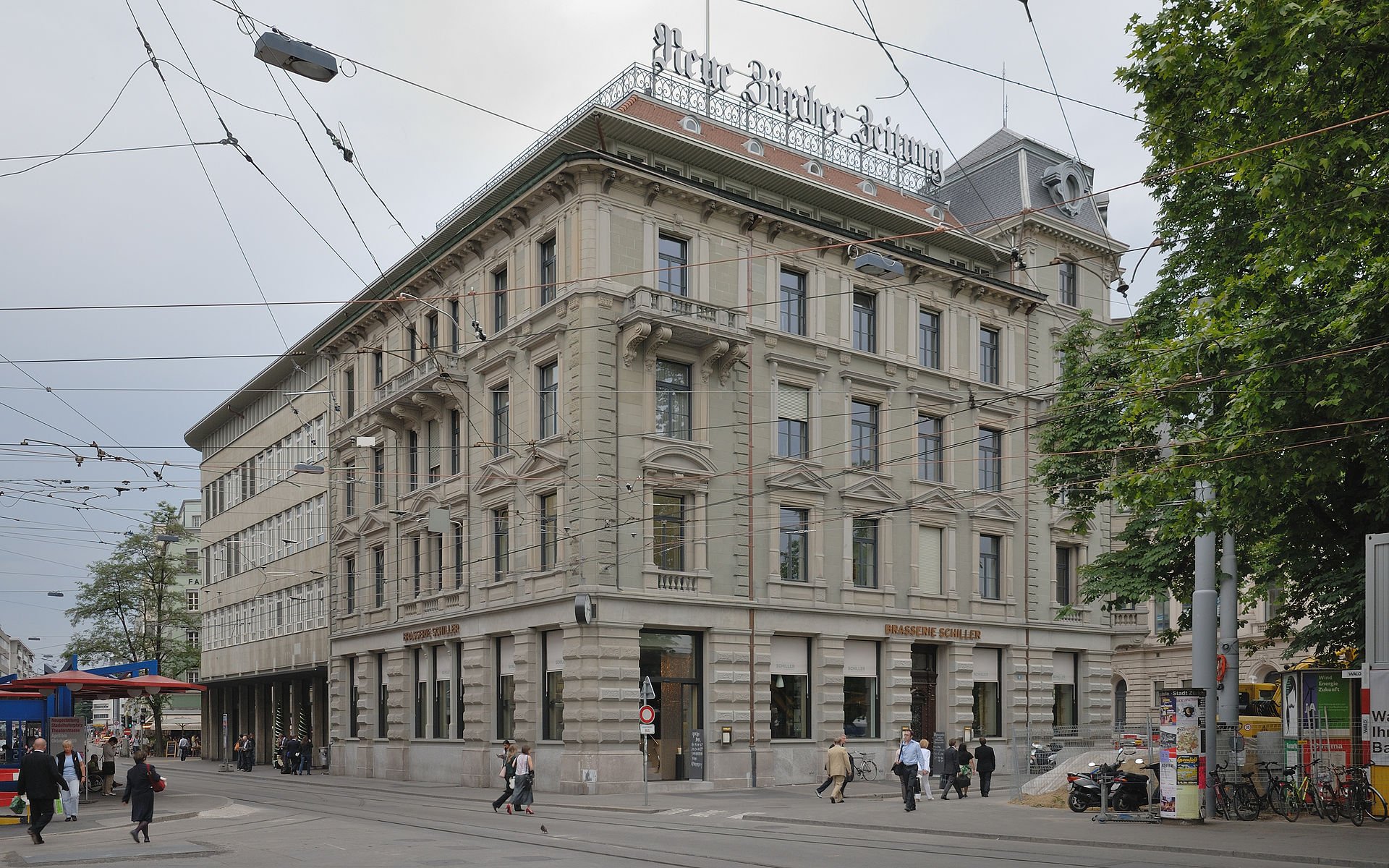Switzerland's newspaper of record, the German-language daily Neue Zürcher Zeitung has published an article questioning the independence of the judiciary in Spain. The piece, written by Ute Müller, explains the recent scandal generated by a WhatsApp message sent by Popular Party (PP) deputy Ignacio Cosidó, boasting of an agreement between Spain's major political parties - the PP and the governing Socialists (PSOE) - to share out control of the main judicial organs. Müller puts his focus on judge Manuel Marchena, who first accepted the position of president of the country's governing judicial body, the General Judicial Council - as had been agreed between the major parties - and then rejected it, when Cosid's message went public, but who is nevertheless trying to maintain his appointment as trial judge for the Catalan referendum case - that is, the trial of the pro-independence politicians and civil leaders, which is set to begin in a few weeks. The article describes the case as "explosive" and questions the wisdom of handing it to Marchena.
The Swiss daily explains that the charged Catalan independence leaders have already asked for the judge to be recused from the case, arguing his lack of impartiality. But the article also explains that the Catalans are accused, among other offences, of "rebellion", and it points out that judicial authorities in four European countries have rejected the extradition orders against Carles Puigdemont and other Catalan politicians, due to their doubts about the crime of rebellion. He adds that many criminal lawyers have asserted that article 472 of the Spanish criminal code, which defines the offence of rebellion, cannot be applied in this case because there was no violence in the events concerned.
In addition, Neue Zürcher Zeitung explains another recent case affecting the Spanish Supreme Court: that of the extraordinary revision and reversal of a ruling which shifted the onus for paying "stamp duty" tax on mortgages from the homeowner to the bank. The writer explains that the change in the original ruling saved the huge costs of reimbursing this tax to many thousands of mortgage clients and notes that the issue even caused serious dissensions within the Supreme Court.
Finally, Müller notes that Spanish justice is highly questioned internationally. He explains the latest case for which Spain was condemned by the European Court of Human Rights, the case of Basque politician Arnaldo Otegi, who was not given a fair trial according to the Strasbourg court. He also mentions another verdict of the European court which went against Spain - the case of the two Catalans who had burned a photo of the Spanish king - and comments on the case of Mallorcan rapper Valtònyc, who was sentenced by Spain to jail for his song lyrics, but fled to exile in Belgium, where the authorities have declined to grant Spanish extradition demands.
Müller ends the article giving the view that the EU anti-corruption monitoring body GRECO has criticized the Spanish method for appointing judges to its highest judicial bodies and asserts: "It is hardly surprising that Spain always figures as one of the worst rates countries in annual surveys on judicial independence".

